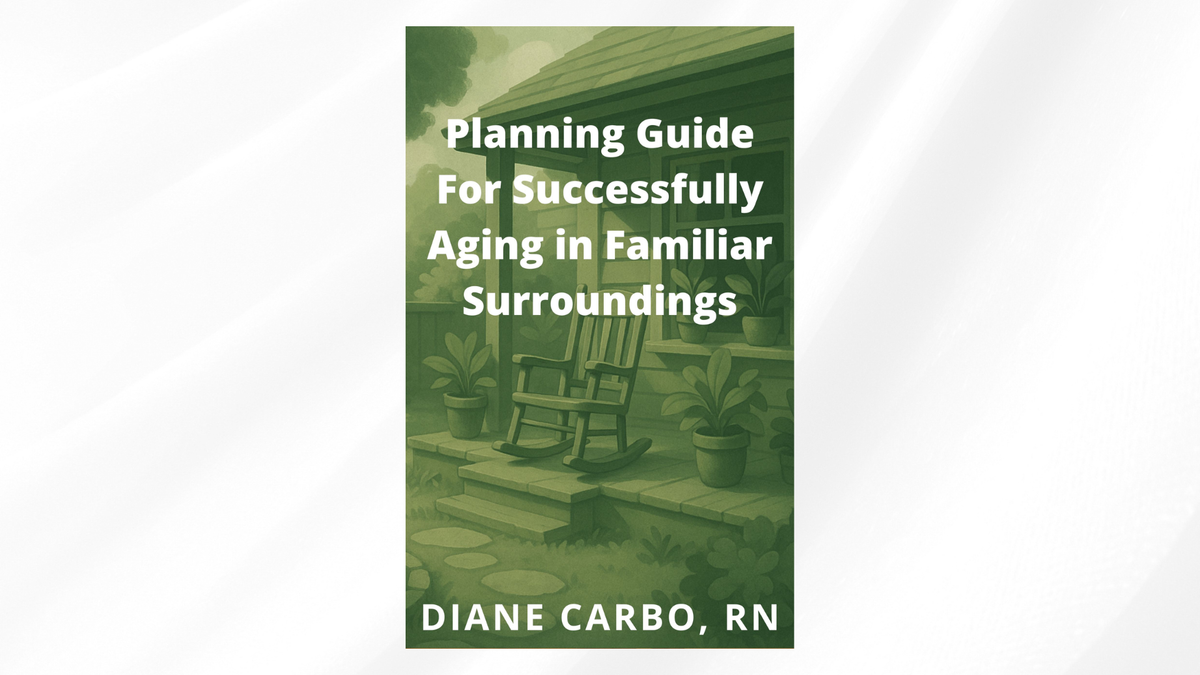Planning Guide For Successfully Aging in Familiar Surroundings


Are you ready to take charge of your future and ensure a comfortable, stress-free aging experience for yourself or your loved ones? "Planning Guide For Successfully Aging in Familiar Surroundings" is your comprehensive roadmap to prepare for the challenges that may come with aging or chronic conditions.
In this insightful guide, we embark on a journey of foresight and preparation, empowering you to make informed decisions and navigate potential crises with confidence. Whether you're an individual managing a chronic condition like diabetes, heart disease, or arthritis, or you're caring for aging parents, this book offers invaluable insights to help you plan for the road ahead.
As the saying goes, "An ounce of prevention is worth a pound of cure." Planning ahead is not only financially wise but also emotionally liberating. By taking proactive steps now, you can minimize stress, anxiety, and uncertainty in the future.
Here's a glimpse of what you'll discover within the pages of this essential guide:
1. Exploring Future Scenarios: We'll delve into various situations and contemplate what might happen as we age. What if your condition worsens? What if mobility becomes a challenge? What if you can't drive, see clearly, hear well, or make medical decisions for yourself? What if you require assistance with daily tasks or managing bills? These are real-life scenarios faced by families every day, and addressing them proactively is key to reducing stress.
2. Caregiver Support: If you find yourself in the role of a caregiver, we've included a list of crucial questions to ask before embarking on your caregiving journey. This invaluable resource can be found in the "Caregiver Relief" section.
3. Opening the Lines of Communication: Discussing aging and future needs can be daunting, whether you're an aging adult or a concerned family member. We offer guidance on how to initiate these conversations, including the option of involving a neutral third party, such as a physician or clergy member. Discover the "Eldercare Communication Course" in the resource section for tips and strategies to facilitate open and honest discussions.
4. Reviewing Existing Plans: If plans are already in place, we encourage you to review them thoroughly to ensure they align with your loved ones' preferences and wishes. Don't hesitate to ask questions and address fears and concerns.
5. Creating a Safe Home Environment: Learn how to make essential modifications to create a safe and functional living space for seniors, reducing the risk of accidents and falls. These changes can enhance daily living and potentially eliminate the need for costly in-home care or relocation to a senior care facility.
6. Getting Organized: Organization is key to effective caregiving. We recommend starting a "Care Notebook" for each individual, including yourself if you are the primary caregiver. This three-ring binder will help you manage bills, medication lists, and personalized care profiles. If you're new to caregiving, explore the "New to Caregiving Course" in the resource section for step-by-step guidance. For seasoned caregivers, the "How To Be A Patient Care Advocate Course" is an invaluable resource for navigating the complex healthcare system.
Prepare for a future filled with confidence, security, and peace of mind. "Planning Guide For Successfully Aging in Familiar Surroundings" equips you with the knowledge and tools needed to make well-informed decisions and ensure a comfortable, safe, and fulfilling aging experience. Start planning today for a brighter tomorrow.

You might also like this article:







